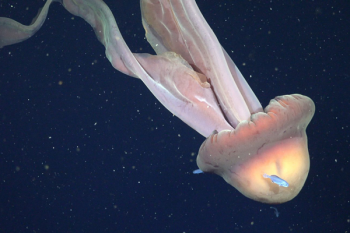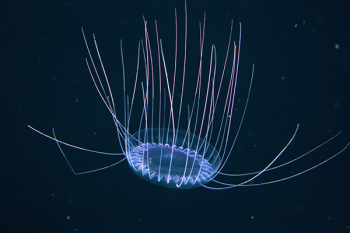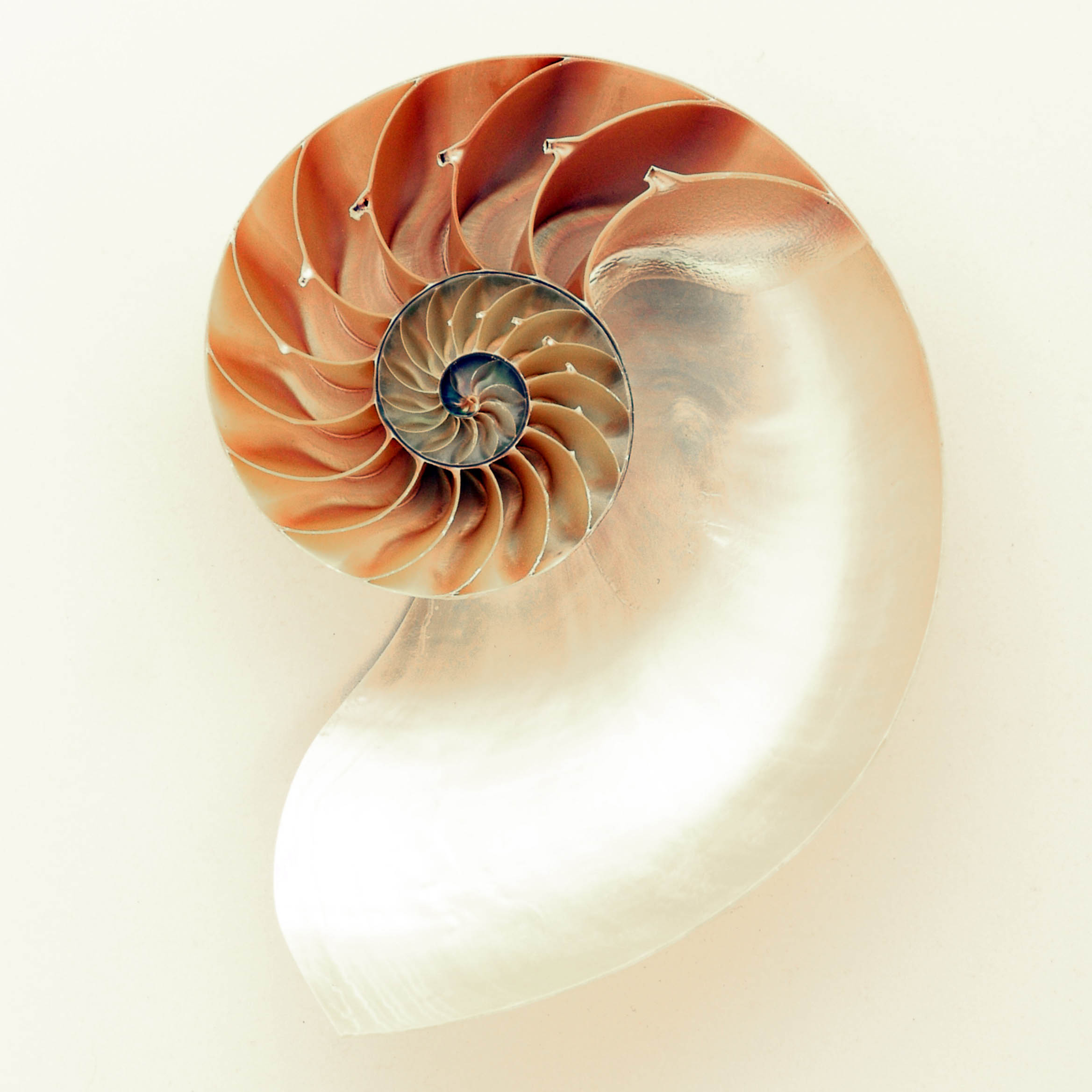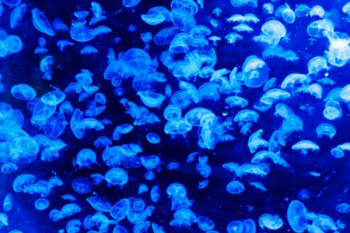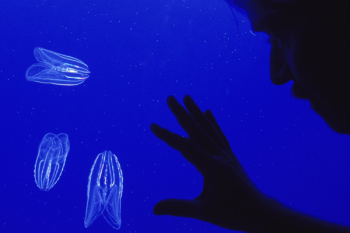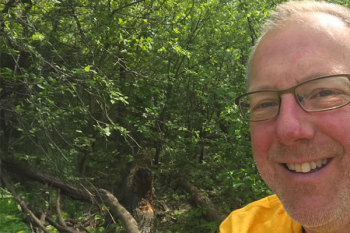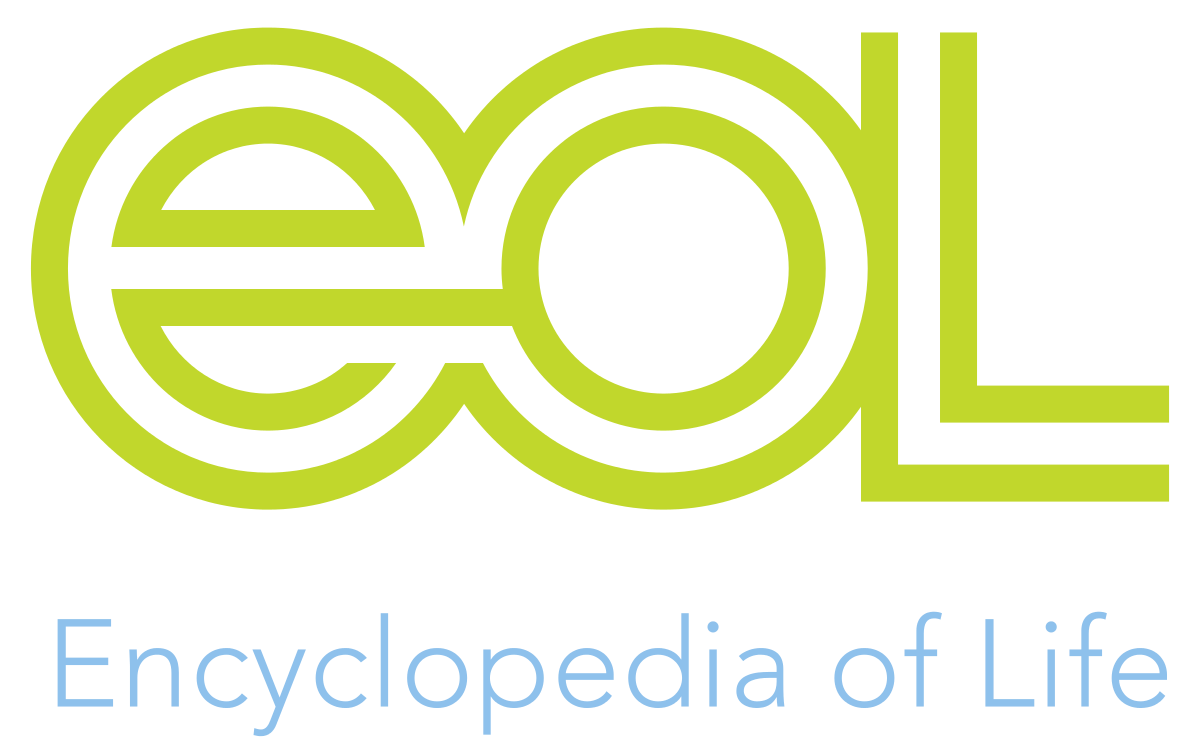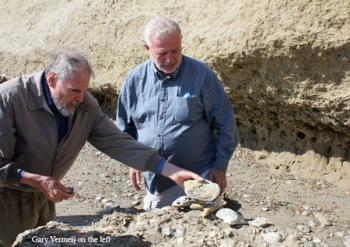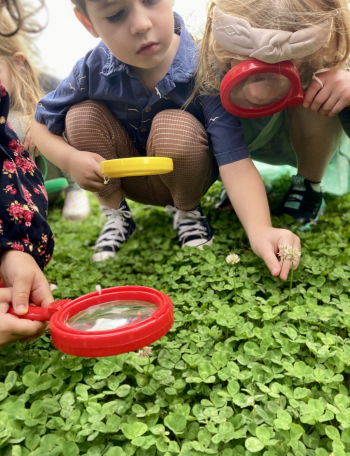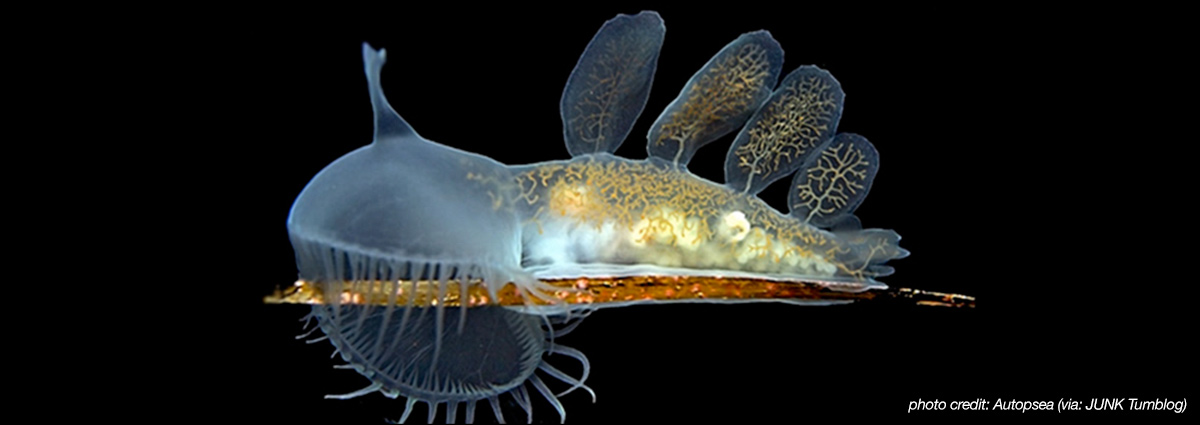
Is that watermelon we smell?
Nope. It’s the Melibe leonine who lives in kelp forests and eel grass beds along the Pacific coast.
Look at a melibe and you might think: jellyfish. But it’s the melibe’s head, or oral hood, that’s fooling you. To feed, a melibe extends its hood and sweeps it back and forth to catch small plankton, which it then passes to its mouth. While melibe prefer to remain attached to a surface, they can dislodge when threatened and swim by contracting their bodies.
Molluscs come in many forms – from cephalopods to bivalves like clams – and include nudibranchs or sea slugs. You can see most sea slugs in the intertidal or while diving, if you’re lucky.
Associated Resources:
Read more about the Pacific coast melibe and see a video from Deep Sea News.
More about the Pacific coast melibe from the Sea Slug Forum.
A video showing a different looking melibe from the Phillipines.
Watch the Shape of Life Mollusc video to learn more about melibe’s relatives.
